Answers to PPP Loan FAQs (Now That There's Fresh Funding for the Loans)
Small business owners are getting another crack at Paycheck Protection Program loans. Here are answers to some frequently asked questions about the loans.

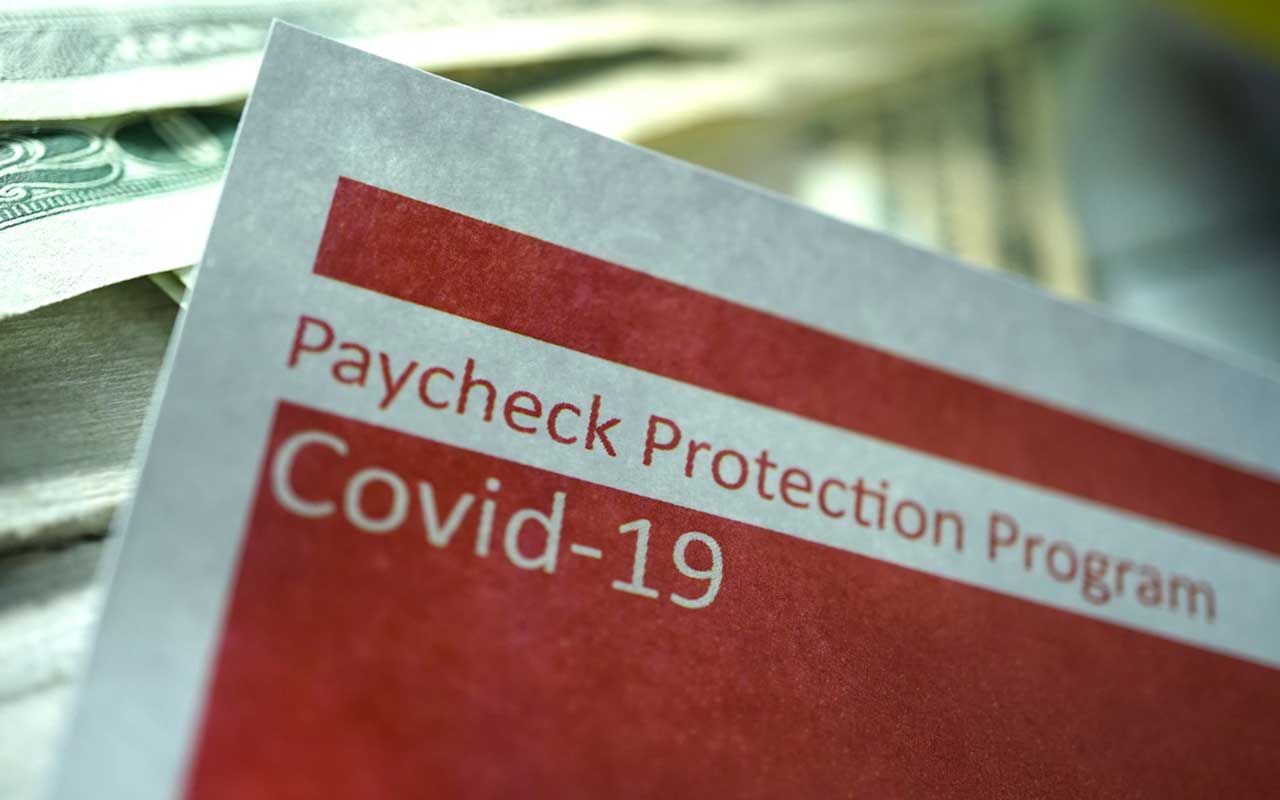
Profit and prosper with the best of Kiplinger's advice on investing, taxes, retirement, personal finance and much more. Delivered daily. Enter your email in the box and click Sign Me Up.
You are now subscribed
Your newsletter sign-up was successful
Want to add more newsletters?

Delivered daily
Kiplinger Today
Profit and prosper with the best of Kiplinger's advice on investing, taxes, retirement, personal finance and much more delivered daily. Smart money moves start here.

Sent five days a week
Kiplinger A Step Ahead
Get practical help to make better financial decisions in your everyday life, from spending to savings on top deals.

Delivered daily
Kiplinger Closing Bell
Get today's biggest financial and investing headlines delivered to your inbox every day the U.S. stock market is open.

Sent twice a week
Kiplinger Adviser Intel
Financial pros across the country share best practices and fresh tactics to preserve and grow your wealth.

Delivered weekly
Kiplinger Tax Tips
Trim your federal and state tax bills with practical tax-planning and tax-cutting strategies.

Sent twice a week
Kiplinger Retirement Tips
Your twice-a-week guide to planning and enjoying a financially secure and richly rewarding retirement

Sent bimonthly.
Kiplinger Adviser Angle
Insights for advisers, wealth managers and other financial professionals.

Sent twice a week
Kiplinger Investing Weekly
Your twice-a-week roundup of promising stocks, funds, companies and industries you should consider, ones you should avoid, and why.

Sent weekly for six weeks
Kiplinger Invest for Retirement
Your step-by-step six-part series on how to invest for retirement, from devising a successful strategy to exactly which investments to choose.
The Paycheck Protection Program (PPP), which was created by the Coronavirus, Aid, Relief, and Economic Security (CARES) Act, ran out of its initial funding of roughly $349 billion just a few days after the program launched on April 3. Last week, Congress approved another $310 billion for PPP loans.
The fresh funding means many small-business owners will have a second chance at getting a PPP loan that could help them keep their companies afloat. Businesses will be able to apply for PPP loans again starting on April 27.
Uncertainty and confusion have surrounded the PPP since its launch—especially with respect to eligibility, payroll costs, and debt forgiveness. Hopefully, the answers below to common question about the PPP loans will help small business owners who are seeking financial support right now. The country needs our small businesses to bounce back as quickly as possible, and PPP loans are a big part of the plan to make that happen.
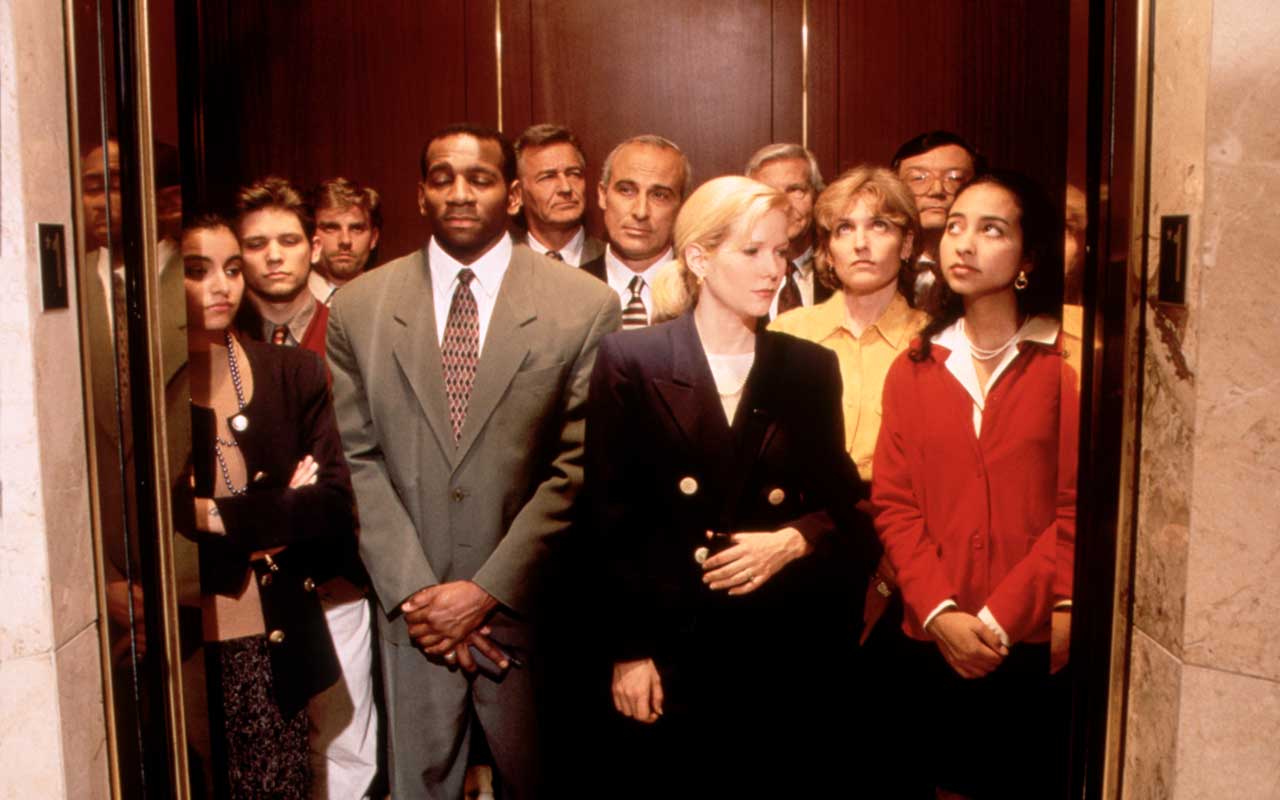
Eligibility Based on Size of the Business
Question: Are small businesses required to have 500 or fewer employees to be eligible for PPP loans?
Answer: No. The Small Business Administration (SBA) says businesses can be eligible for PPP loans even if they have more than 500 employees. For example, a business with more than 500 workers can qualify if it meets the SBA employee-based or revenue-based size standard corresponding to its primary industry.
A business can also qualify for a PPP loan as a small business if it met both tests in the SBA's "alternative size standard" as of March 27, 2020:
- The maximum tangible net worth of the business is not more than $15 million; and
- The average net income after federal income taxes (excluding any carry-over losses) of the business for the two full fiscal years before the date of the application is not more than $5 million.
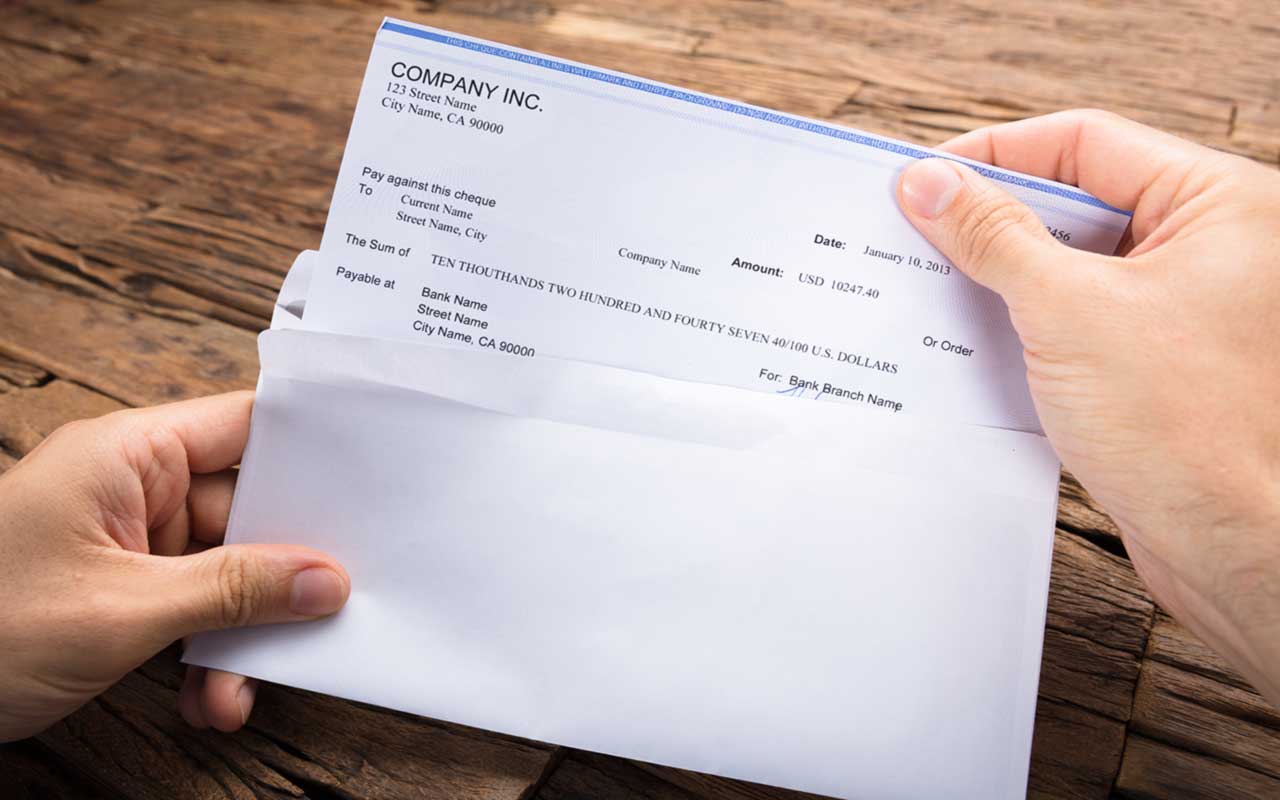
Annual Compensation Over $100,000
Question: The CARES Act excludes annual employee compensation in excess of $100,000 from the definition of payroll costs. Does that exclusion apply to all employee benefits of monetary value?
Answer: No. The exclusion of annual compensation in excess of $100,000 applies only to cash compensation, not to non-cash benefits, such as employer contributions to retirement plans.

Sick Leave
Question: Do PPP loans cover paid sick leave?
Answer: Yes. PPP loans cover payroll costs, including costs for employee vacation, parental, family, medical and sick leave. But sick and family leave wages are excluded for which a credit is allowed under certain sections of the Families First Coronavirus Response Act.
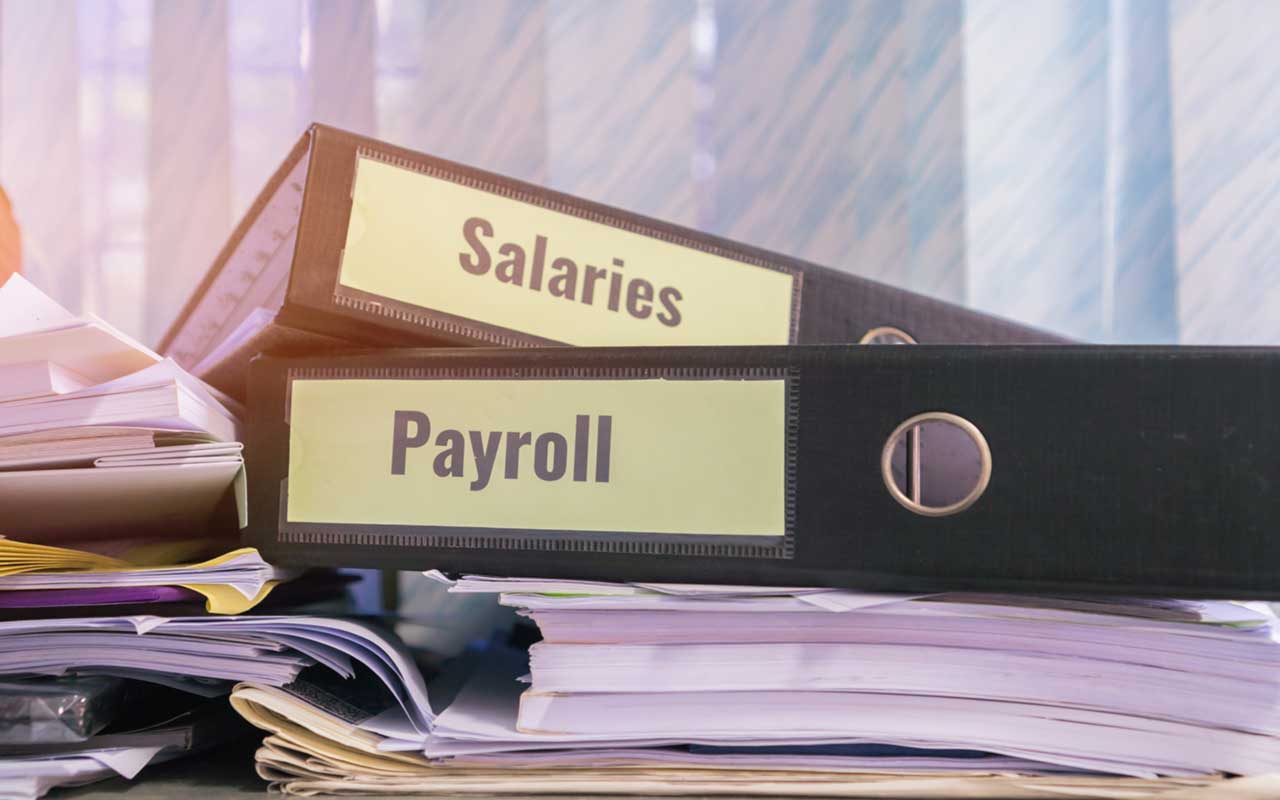
Payroll Cost Exclusions
Question: Is there anything that is expressly excluded from the definition of payroll costs?
Answer: The CARES Act excludes the following:
- Compensation of an employee whose principal place of residence is outside the U.S.;
- Compensation of an individual employee exceeding $100,000 for the year; and
- Federal employment taxes imposed or withheld between February 15, 2020, and June 30, 2020.

Payments to Independent Contractors or Sole Proprietors
Question: Should payments that an eligible borrower made to an independent contractor or sole proprietor be included in calculations of the borrower's payroll costs?
Answer: No. Amounts paid to an independent contractor or sole proprietor should be excluded. However, an independent contractor or sole proprietor is eligible for a PPP loan if he or she satisfies the applicable requirements.

Start of 24-Week Period
Question: How much of a PPP loan that is forgiven depends on the borrower's payroll costs over a 24-week period. When does that 24-week period begin?
Answer: The 24-week period begins on the date the lender makes the first disbursement of the PPP loan.
Please note that borrowers who got their loans before June 5, 2020, have the option to use an eight-week period, which was the original spending period under the CARES Act, instead of the newer 24-week period.
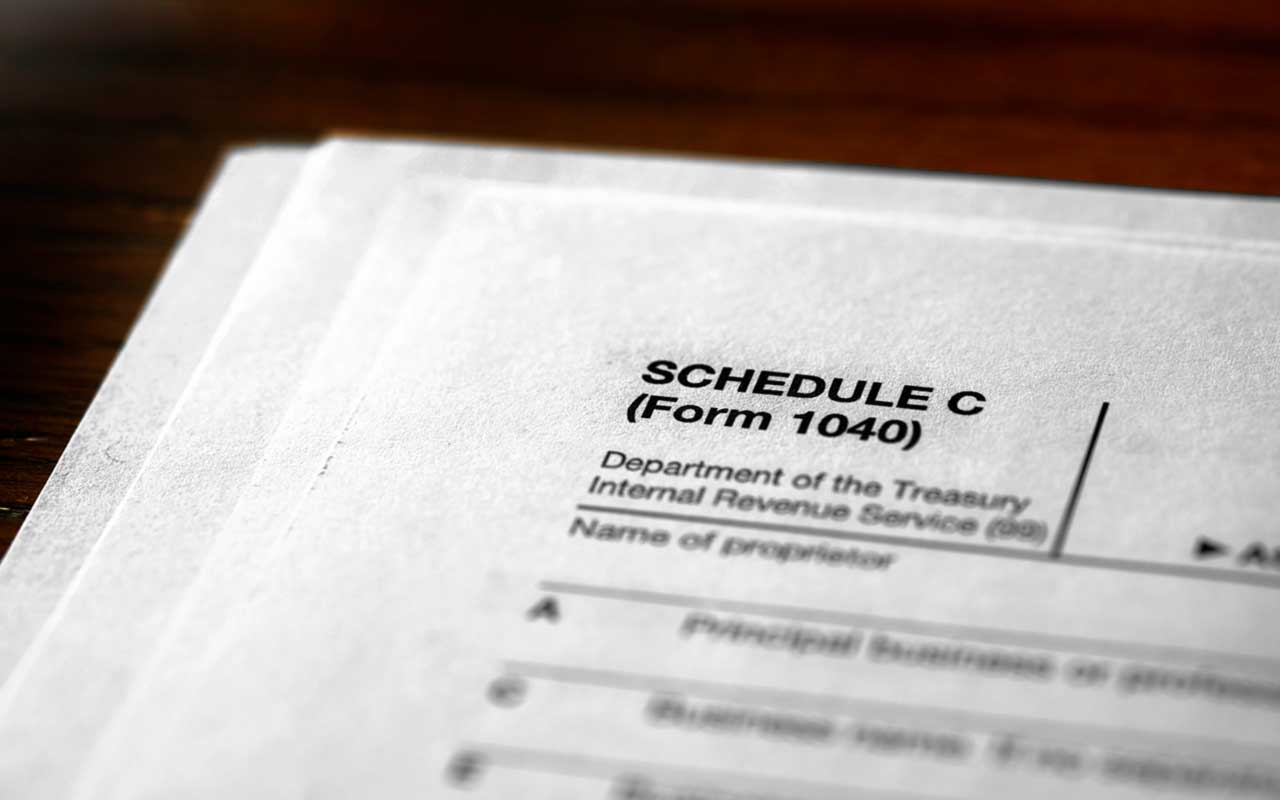
Tax Deductions for Expenses
Question: Can a business claim a tax deduction for expenses that result in forgiveness of a PPP loan?
Answer: No. A tax deduction is generally available for all ordinary and necessary expenses paid or incurred during the year in carrying on any trade or business. Business-related payroll costs, mortgage interest, rent, and utilities are, therefore, normally deductible. However, no deduction is allowed for any expense that is otherwise exempt from tax. This prevents a double tax break.
Loan proceeds properly used (according to the CARES Act rules) for payroll, mortgage interest, rent, and utilities do not have to be repaid. In addition, income associated with PPP loan forgiveness is exempt from tax under the CARES Act. As a result, to prevent duplicate tax breaks, expenses that result in PPP loan forgiveness are not deductible.

Larger Companies
Question: Do businesses owned by large companies with adequate sources of liquidity to support the business's ongoing operations qualify for a PPP loan?
Answer: Probably not. Borrowers must certify in good faith that their PPP loan request is necessary to support their ongoing operations, taking into consideration their current business activity and their ability to tap other sources of funding. According to the SBA, "it is unlikely that a public company with substantial market value and access to capital markets will be able to make the required certification in good faith."

Seasonal Businesses
Question: Is a seasonal business that was not fully ramped up on February 15, 2020, still eligible for a PPP loan?
Answer: Yes. The SBA says that in evaluating a borrower's eligibility, a lender may consider whether a seasonal business was in operation on February 15, 2020, or for an eight-week period between February 15, 2019, and June 30, 2019.
Profit and prosper with the best of Kiplinger's advice on investing, taxes, retirement, personal finance and much more. Delivered daily. Enter your email in the box and click Sign Me Up.

Rodrigo Sermeño covers the financial services, housing, small business, and cryptocurrency industries for The Kiplinger Letter. Before joining Kiplinger in 2014, he worked for several think tanks and non-profit organizations in Washington, D.C., including the New America Foundation, the Streit Council, and the Arca Foundation. Rodrigo graduated from George Mason University with a bachelor's degree in international affairs. He also holds a master's in public policy from George Mason University's Schar School of Policy and Government.
-
 Nasdaq Leads a Rocky Risk-On Rally: Stock Market Today
Nasdaq Leads a Rocky Risk-On Rally: Stock Market TodayAnother worrying bout of late-session weakness couldn't take down the main equity indexes on Wednesday.
-
 Quiz: Do You Know How to Avoid the "Medigap Trap?"
Quiz: Do You Know How to Avoid the "Medigap Trap?"Quiz Test your basic knowledge of the "Medigap Trap" in our quick quiz.
-
 5 Top Tax-Efficient Mutual Funds for Smarter Investing
5 Top Tax-Efficient Mutual Funds for Smarter InvestingMutual funds are many things, but "tax-friendly" usually isn't one of them. These are the exceptions.
-
 32 Ways to Make Money in 2025
32 Ways to Make Money in 2025business Check out these cool side hustles to earn bonus bucks this year.
-
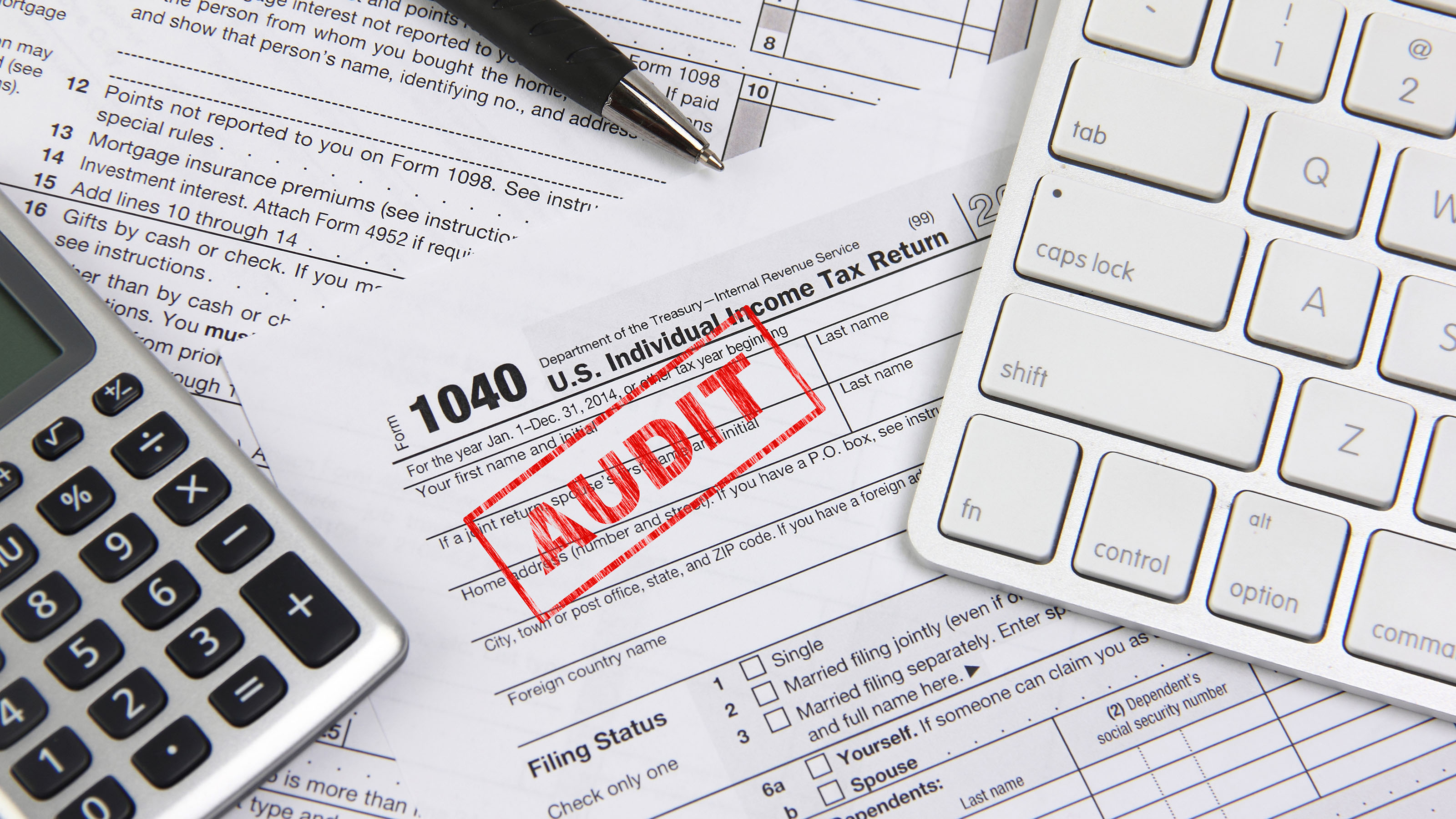 12 IRS Audit Red Flags for the Self-Employed
12 IRS Audit Red Flags for the Self-Employedtaxes If you are self-employed, minimize the odds of an IRS audit by avoiding these audit triggers.
-
 Business Cost Outlooks for 2022: Eight Key Sectors
Business Cost Outlooks for 2022: Eight Key SectorsEconomic Forecasts What’s in store for all sorts of business costs in 2022?
-
 Open Enrollment Brings New Employee Perks (for a Price)
Open Enrollment Brings New Employee Perks (for a Price)Employee Benefits The pandemic and an increasingly diverse workforce have led to more benefits options for workers.
-
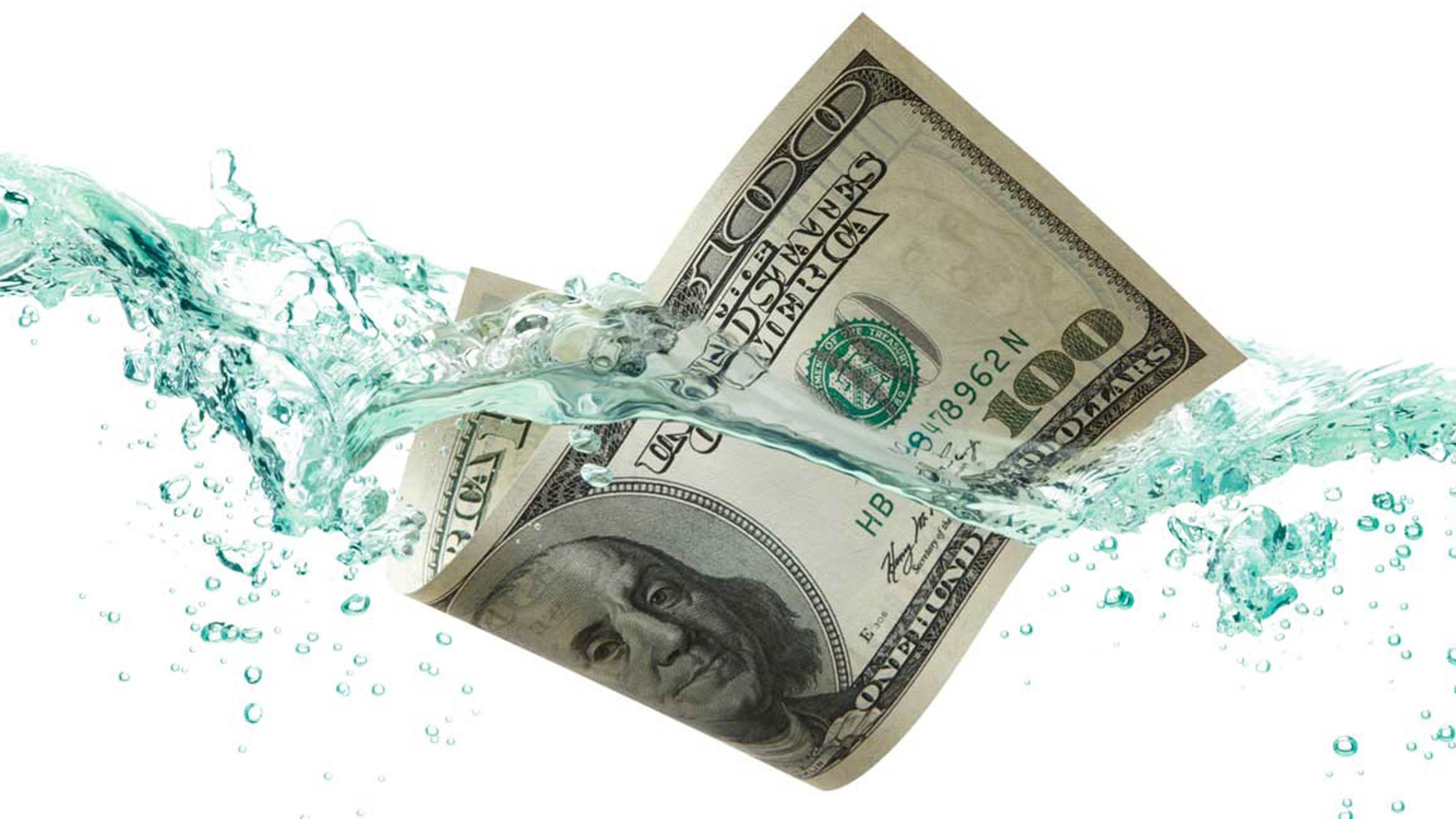 I Sold My Business … Now What?
I Sold My Business … Now What?small business The rich cash infusion that comes from selling a business can create a liquidity conundrum that's a challenge to manage.
-
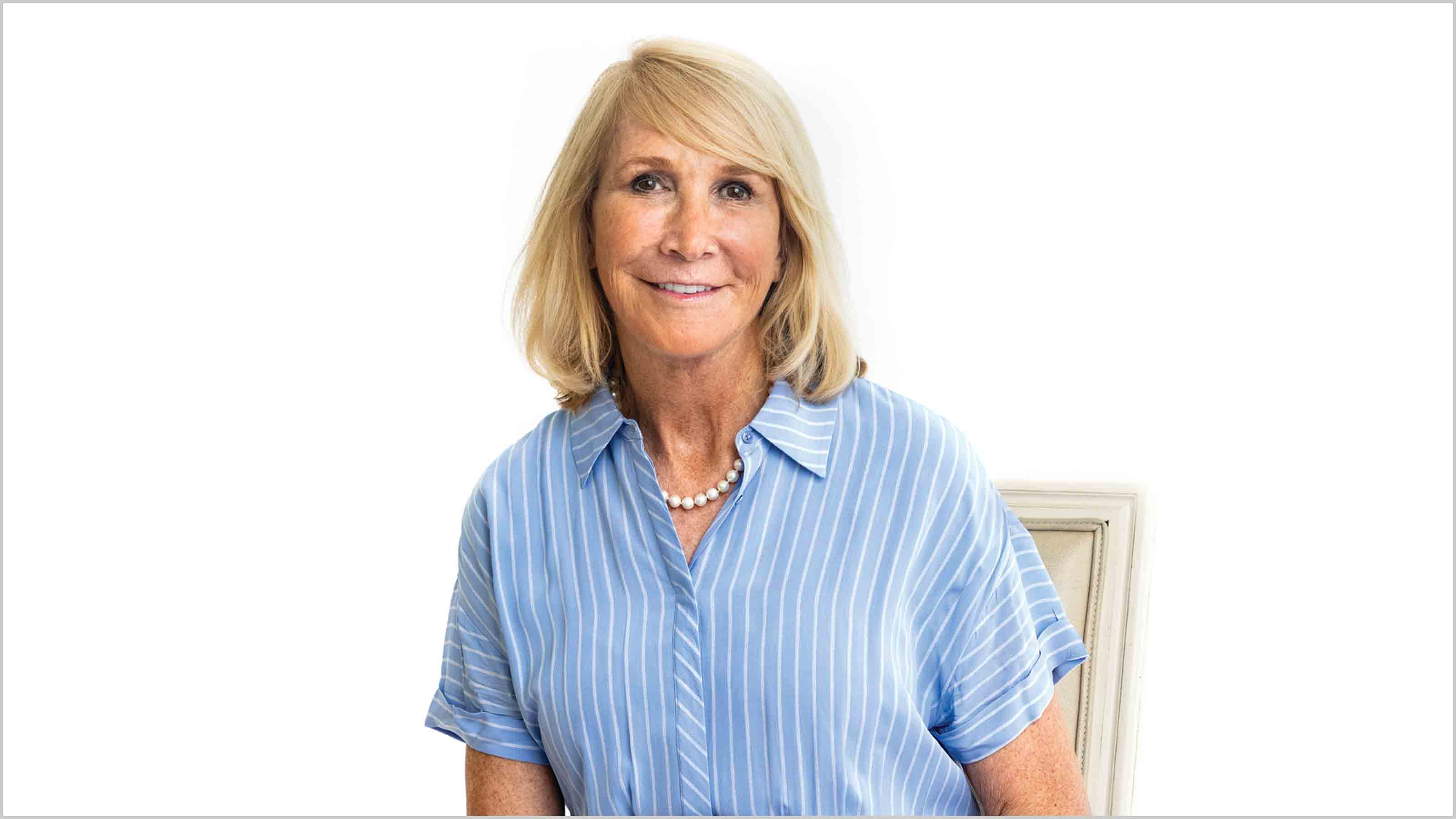 COVID Sparked a Surge of Generosity
COVID Sparked a Surge of GenerosityCoronavirus and Your Money One big focus among donors: charities that address food insecurity.
-
 Tough Times for a Family Business
Tough Times for a Family BusinessBusiness Costs & Regulation His dry-cleaning operation was rocked by the pandemic, but he is staying optimistic.
-
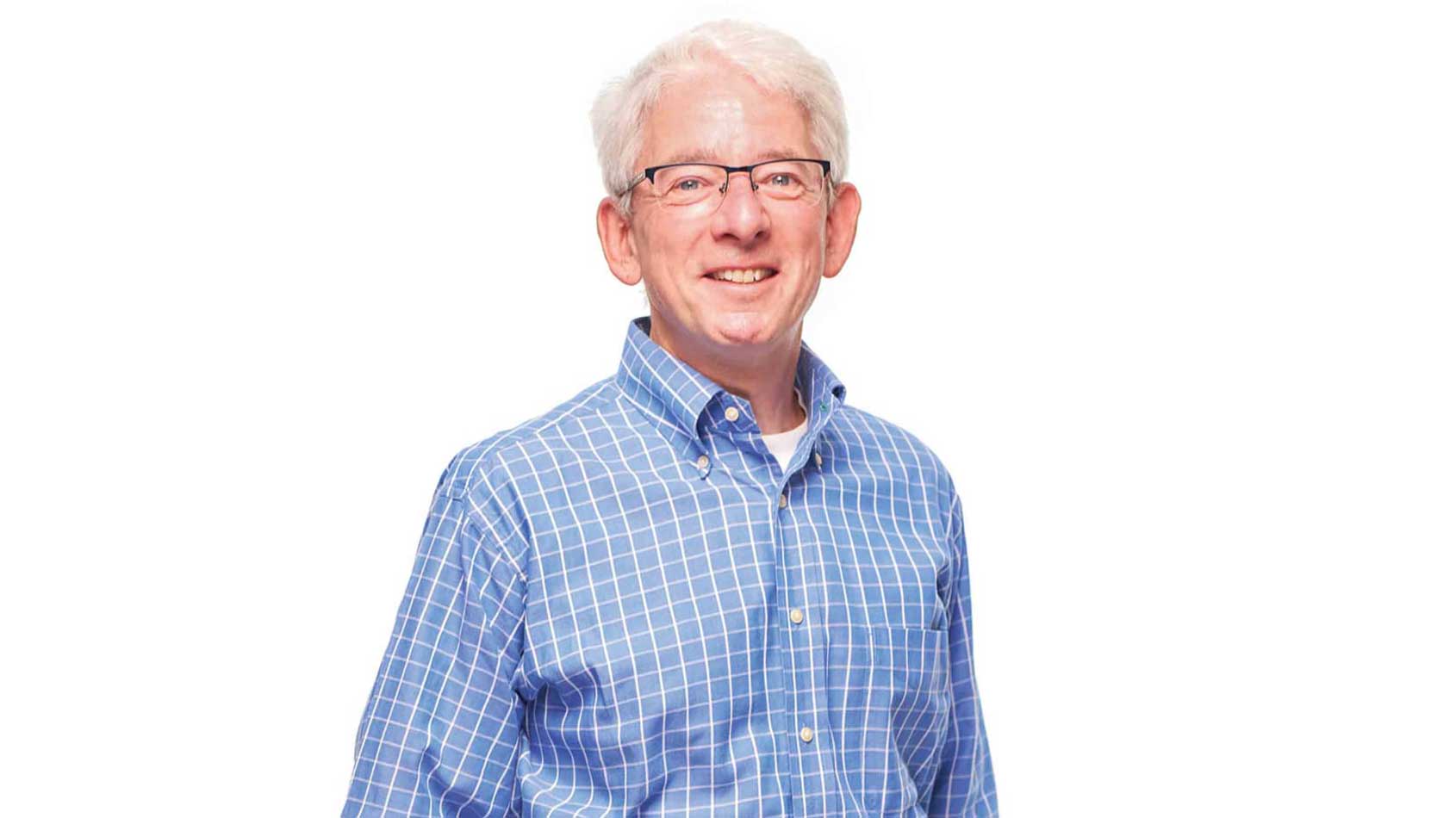 Our "K-Shaped," Uneven Economic Recovery
Our "K-Shaped," Uneven Economic RecoveryEconomic Forecasts Confidence is key to the recovery, but the sentiment depends on consumers’ financial circumstances.
